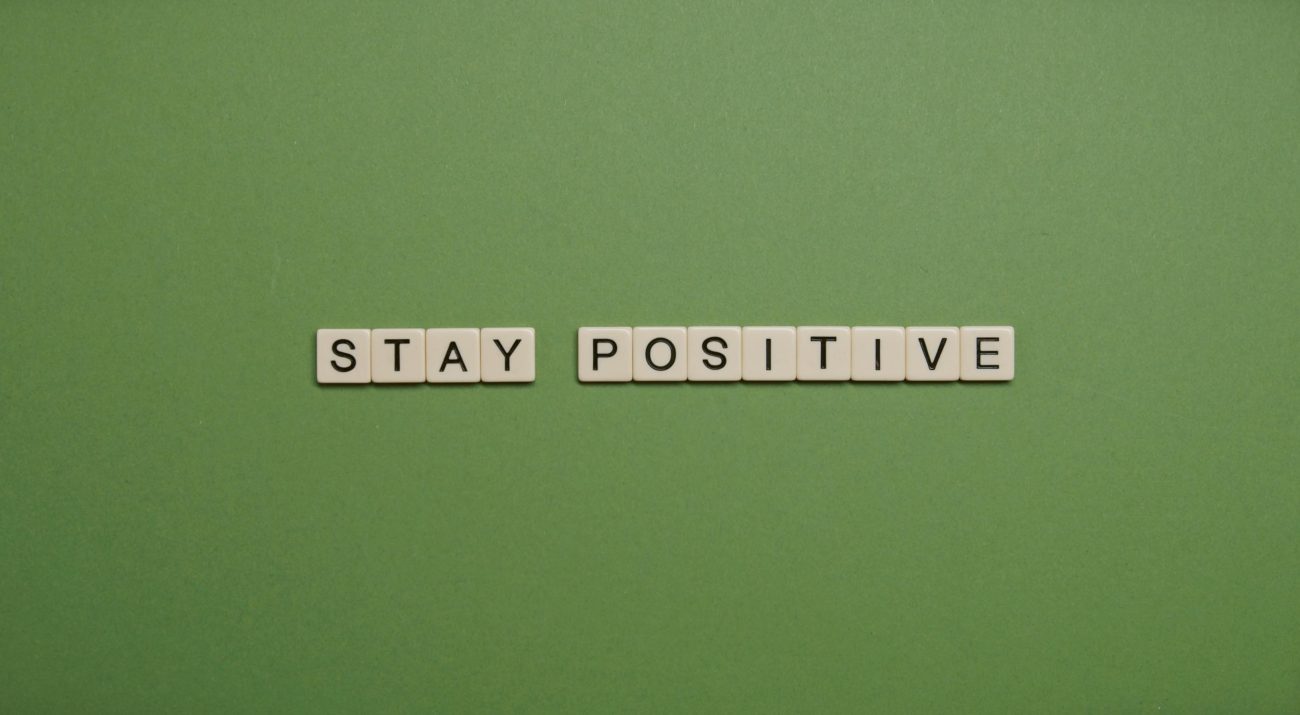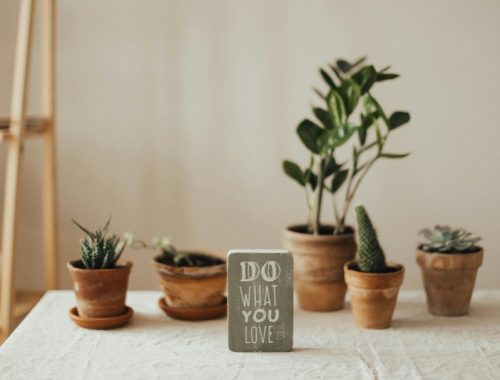
Self Help: A Path to Personal Growth and Well Being
Self-help is a powerful journey toward greater well-being and personal growth. It empowers you to develop inner strengths, overcome challenges, and unlock your full potential. While everyone’s journey is unique, self-help can provide valuable tools and techniques that guide you in your pursuit of a happier, more fulfilled life. By taking small but consistent steps, you can foster resilience, enhance self-awareness, and improve your outlook on life. Embracing this journey is not only about solving problems but also about growing into the best version of yourself.
Understanding Self Help: What It Means for You
Self-help is more than a trend; it’s a commitment to self-improvement. It involves taking responsibility for your own well-being, growth, and happiness. Instead of waiting for others to bring change, self-help encourages you to take proactive steps. Whether it’s learning a new skill, managing stress, or building confidence, each self-help practice allows you to enhance different areas of life. This approach cultivates a mindset focused on solutions and growth, helping you face life’s challenges with greater resilience.
Setting Goals That Align with Your Values
Personal growth starts with knowing your values. When you align your goals with these values, you gain clarity and direction. Self-help is most effective when your efforts are directed toward what truly matters to you. Rather than focusing on society’s expectations, consider your own priorities. Start by writing down a few short- and long-term goals that resonate with your values. This list will act as a guide, helping you focus your energy on meaningful achievements. By working toward these goals, you’ll find greater fulfillment in your self-help journey.
Embracing Mindfulness and Self-Awareness
Mindfulness and self-awareness are cornerstones of self-help. These practices help you stay present and connected to your thoughts and feelings. In today’s fast-paced world, taking time to understand your emotions and reactions is essential. Mindfulness involves focusing on the moment, allowing you to respond to life’s challenges calmly and thoughtfully. Self-awareness, on the other hand, helps you recognize habits and patterns that may need changing. Together, these skills enable you to approach situations with clarity, making personal growth more attainable.
Building Self Help Habits to Support Growth
Healthy habits form the backbone of any successful self-help journey. Small, consistent actions create significant, lasting change. Focus on habits that nurture your mind and body, like regular exercise, balanced eating, and adequate sleep. Another crucial habit is setting aside time for relaxation, allowing you to recharge. As you incorporate these habits into your daily routine, you’ll start noticing a positive shift in your energy and mood. By building these healthy foundations, you can sustain your growth and enjoy a stronger sense of well-being.
Overcoming Challenges and Setbacks
Challenges are inevitable, but with self-help, they can be turned into learning opportunities. When setbacks occur, remind yourself that failure is part of growth. Instead of dwelling on what went wrong, focus on what you can learn. This shift in perspective allows you to approach challenges with resilience and optimism. You’ll start viewing obstacles not as roadblocks but as opportunities for self-improvement. Every challenge overcome makes you stronger, giving you confidence and reinforcing your commitment to personal growth.
Practicing Gratitude for Greater Fulfillment
Gratitude is a simple yet powerful self-help tool. By regularly practicing gratitude, you train your mind to notice the positives in life. This practice can shift your focus away from stress and negativity, creating a more balanced outlook. Begin by noting three things you’re grateful for each day. This exercise helps you appreciate even small moments of joy. Over time, gratitude becomes a mindset, helping you feel more satisfied and fulfilled. Embracing gratitude can deepen your sense of well-being, enhancing your journey toward self-help.
Building Positive Relationships
Relationships play a significant role in personal growth. Surrounding yourself with supportive, like-minded people encourages progress and strengthens resilience. Self-help emphasizes the importance of positive relationships, as they offer emotional support and inspiration. Reflect on your current relationships and consider how they impact your well-being. If necessary, focus on building new connections that align with your values. Healthy relationships contribute to a balanced, fulfilling life and serve as a foundation for personal growth. They remind you that self-help isn’t a solo journey but one enriched by meaningful connections.
Celebrating Small Wins
Acknowledging your progress is essential to sustaining motivation. Celebrating small wins helps you stay focused and inspired on your self-help journey. Rather than waiting for major achievements, recognize small milestones. Whether it’s completing a goal or practicing a new habit consistently, these victories are worth celebrating. This habit keeps your momentum strong and reinforces the belief that change is possible. By acknowledging these moments, you’ll feel encouraged to continue pushing forward and reaching new levels of growth and well-being.
Conclusion: Embracing Self Help as a Lifelong Journey
Self-help is a continuous path of learning, growth, and self-discovery. It empowers you to become more resilient, mindful, and fulfilled. By setting meaningful goals, building healthy habits, and nurturing positive relationships, you create a foundation for lasting personal growth. Challenges will arise, but with self-help, you have the tools to overcome them. Remember, this journey isn’t about perfection; it’s about making small, consistent steps toward a better you. Embrace this path, and with time, you’ll experience the profound impact of self-help on your life.
You May Also Like

The Power of Mindfulness: A Beginner’s Guide to Daily Calm
December 20, 2024
Easy Self-Care Practices to Use in Your Daily Routine
October 30, 2024


